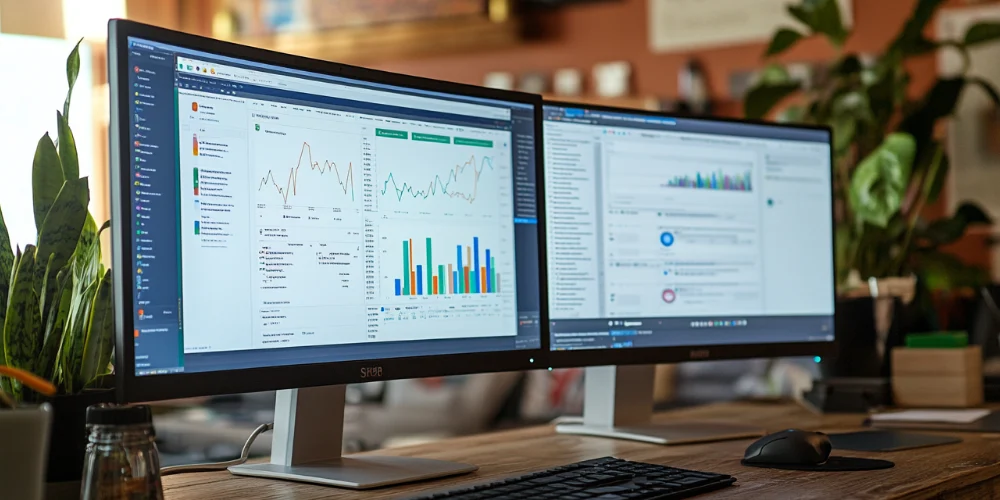How to Track the Performance of Your Online Marketing Campaigns
Tracking the performance of your online marketing campaigns is crucial to measuring the success of your efforts and making informed decisions about future marketing strategies. Here are some tips on how to effectively track the performance of your online marketing campaigns:
1. Set Clear Goals and Objectives
Before you start tracking the performance of your campaigns, it’s important to have clear goals and objectives in mind. This could include things like increasing website traffic, boosting brand awareness, generating leads, or increasing sales. Having clear goals will help you determine what metrics to track and how to measure success.
2. Use Analytics Tools
There are a variety of analytics tools available to help you track the performance of your online marketing campaigns. For example, Google Analytics is a free tool that can help you track website traffic, user behaviour, and conversion rates. Other tools like Facebook Insights, Twitter Analytics, and LinkedIn Analytics can help you track the performance of your social media campaigns.
3. Track Website Traffic Metrics
Website traffic metrics such as pageviews, bounce rate, and average time on site can help you determine the effectiveness of your campaigns in driving traffic to your site. These metrics can give you a good idea of how well your campaigns are performing and where you can make improvements.
4. Monitor Conversion Rates
Conversion rates are the number of visitors to your website who take a specific action, such as making a purchase or filling out a form. Monitoring your conversion rates can help you determine how effective your campaigns are in achieving your goals and objectives.
5. Measure Engagement Metrics
Engagement metrics such as likes, comments, shares, and click-through rates can help you determine the effectiveness of your social media campaigns. These metrics can give you an idea of how well your content is resonating with your target audience and how you can improve your social media strategy.
6. Use A/B Testing
A/B testing is the process of creating two versions of a marketing campaign and testing them to determine which one performs better. This can help you optimise your campaigns and improve their performance over time.
7. Track the ROI of Your Campaigns
Return on investment (ROI) is a measure of how much you earn in relation to how much you spend. Tracking the ROI of your campaigns can help you determine which campaigns are generating the best results and make informed decisions about where to allocate your marketing budget.
8. Regularly Review Your Data
Regularly reviewing your data can help you identify trends and patterns in your marketing campaigns. This information can then be used to optimise your campaigns and improve their performance over time.
9. Get Feedback from Your Customers
Finally, don’t forget to get feedback from your customers about your campaigns. This feedback can help you understand what’s working and what’s not, and make informed decisions about future marketing strategies.
In conclusion, tracking the performance of your online marketing campaigns is crucial to measuring the success of your efforts and making informed decisions about future marketing strategies. By using analytics tools, monitoring key metrics, and regularly reviewing your data, you can optimise your campaigns and improve their performance over time.

















